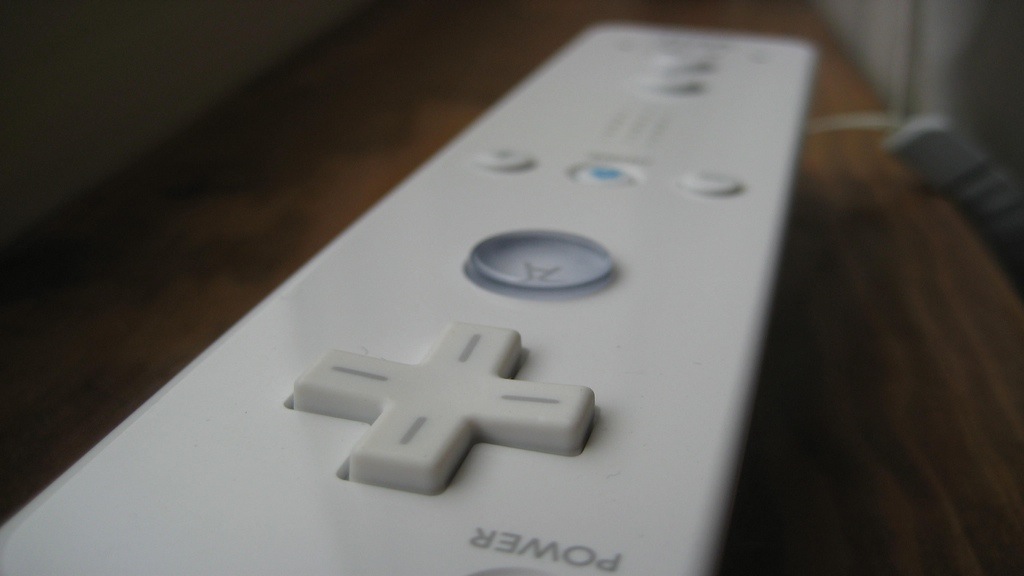

reader comments
87 with 56 posters participating
Remember the Nintendo Wii? Years ago, a few companies tried to claim they had patented the system’s innovative motion-sensing controller technology before Nintendo did and thus deserved a cut of the massive profits Nintendo derived from the platform. One of those companies, iLife, even managed to secure a $10.1 million judgement against Nintendo in 2017 after a jury found that the Wii (and Wii U) infringed on the Dallas-based company’s 1999 patent for a body-mounted fall-detection system.
Now, over two years after that judgment, a Dallas federal court has overturned that monetary award and invalidated iLife’s patent altogether.
iLife’s original patent describes a system that determines whether someone is falling by “process[ing] said sensed dynamic and static accelerative phenomena as a function of at least one accelerative event characteristic to thereby determine whether said evaluated body movement is within environmental tolerance.” On the surface, that’s somewhat similar to the accelerometer-based movement detection on the Wii Remote, even if the use case is entirely different (and even if there’s no evidence iLife actually sold any device that implemented the patented idea).
In examining that patent, though, judge Barbara Glynn writes that iLife’s description of a system that merely “gather[s], process[es], and transmit[s] information” was too abstract to be patentable in the first place. “Merely storing, transmitting, retrieving, and writing data to implement an abstract idea on a computer does not transform the nature of the claim into a patent-eligible application,” Glynn writes, citing legal precedent established in the last few years.
To be patentable, Glynn writes, iLife’s idea would have had to provide some non-obvious “improvement in the functionality of sensors and processors… such as collecting previously unknown information or collecting information more accurately.” And Glynn found iLife didn’t present any specific claims to an “inventive concept” or new use of the sensors in question.
Since the case was filed, iLife Technologies’ website has been taken down, and founder Michael Lehrman has moved on to become president and CEO of Sleep Methods Inc., a technology company focused on sleep disorders. Lehrman was not immediately available to respond to a request for comment.
Though the remnants of iLife can appeal the decision, this judgment seemingly puts to an end a long legal journey that began for Nintendo back in 2013. That saga includes five other iLife patents that were found to be invalid in 2016 as part of the case.
“Nintendo has a long history of developing new and unique products, and we are pleased that, after many years of litigation, the court agreed with Nintendo,” Nintendo of America’s Deputy General Counsel Ajay Singh said in a statement. “We will continue to vigorously defend our products against companies seeking to profit off of technology they did not invent.”


